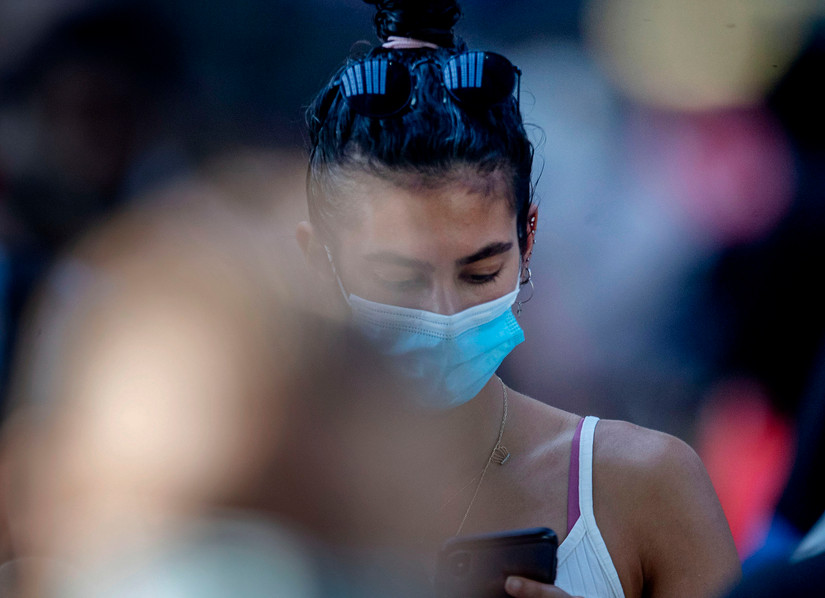
Restrictive measures due to the coronavirus this spring made the usual way of life impossible. Freedom of movement and communication have become an unacceptable luxury and are now perceived as a crime. Although the summer period has largely allowed people to interact with each other in the usual way, move freely and travel, the newly adopted restrictive measures cause the population not just inconvenience, but confusion and anxiety.
This fall, governments returned to quarantine measures to stop the second wave of coronavirus. Innovations in most European countries include the mandatory wearing of masks in public places, restrictions on movement during the day, the introduction of curfews at night, the closure of bars and restaurants, the smooth transition of children and adolescents to distance learning, as well as the remote nature of work. These measures are designed to ensure the safety of the population from the ill-fated virus, but in many cases, they cause rejection and outright hostility among citizens.
Human rights defenders in many countries question whether the current restrictive measures taken by the authorities comply with the basic principles of respect for fundamental human rights and freedoms. In addition, many residents of Italy, Spain, Germany, and the United Kingdom who did not agree with the bans took to the streets of major cities to demand their right to freedom back. The boiling point of the population seems to have reached its peak, and initially peaceful protests in some countries turned into riots, accompanied by acts of vandalism. Many people are interested in the question: when will these restrictions end and people will be able to live their old lives again?
Oxford Economics, a leader in global forecasting and quantitative analysis, concluded that restrictive measures around the world designed to contain the spread of COVID will not exist for a short time. A sustained and meaningful lifting of restrictions should be expected no earlier than mid-2021. First of all, the authorities will cancel those measures that affect the socio-economic life of a country.
The return to a normal lifestyle in various parts of the world will depend directly on the implementation of the universal vaccination and immunization plan. And this is not just an assumption, said the head of the European Commission, Ursula von der Leyen, who spoke at the Paris peace forum on November 12. She admits that a comprehensive vaccination program will take many months.
Recent news from German biotech company BioNTech and American pharmaceutical company Pfizer about the successful third phase of clinical trials of a new coronavirus vaccine has significantly alarmed global markets. The effectiveness of more than 90% of their vaccine gave investors optimism and faith in the imminent victory over the virus and the subsequent economic recovery. Moreover, the news has already been spread that the application for registration of the vaccine in the United States will be submitted in November.
On the one hand, this is great news. According to various European and other leaders, the vaccine is a passport to normal life. If the drug is highly effective, the world will be back to normal and the global economy will improve. But on the other hand, the obvious rush to create a drug is hardly useful. It is still unknown what effect this vaccine will have on human health and for how long it will guarantee stable immunity to COVID-19. It is obvious that there will be many who disagree with the mandatory introduction of a little-studied experimental vaccine. And if people are rebelling against restrictions on freedom of movement, it is not difficult to assume what scale of indignation is expected in the near future with the adoption of the law of mandatory vaccination.
One way or another, if the vaccine from BioNTech and Pfizer is the only drug against the virus, then most of the world's population is unlikely to be vaccinated in the next 2021. Pfizer said it can only make 50 million doses of the vaccine by the end of this year, and no more than 1.3 billion doses in 2021. Thus, according to Oxford Economics, only 8% of the world's population will be vaccinated by the end of 2021. And since the mass scale will not be so significant, it is unlikely that we will have to wait for a stable cancellation of quarantine measures next year.





















